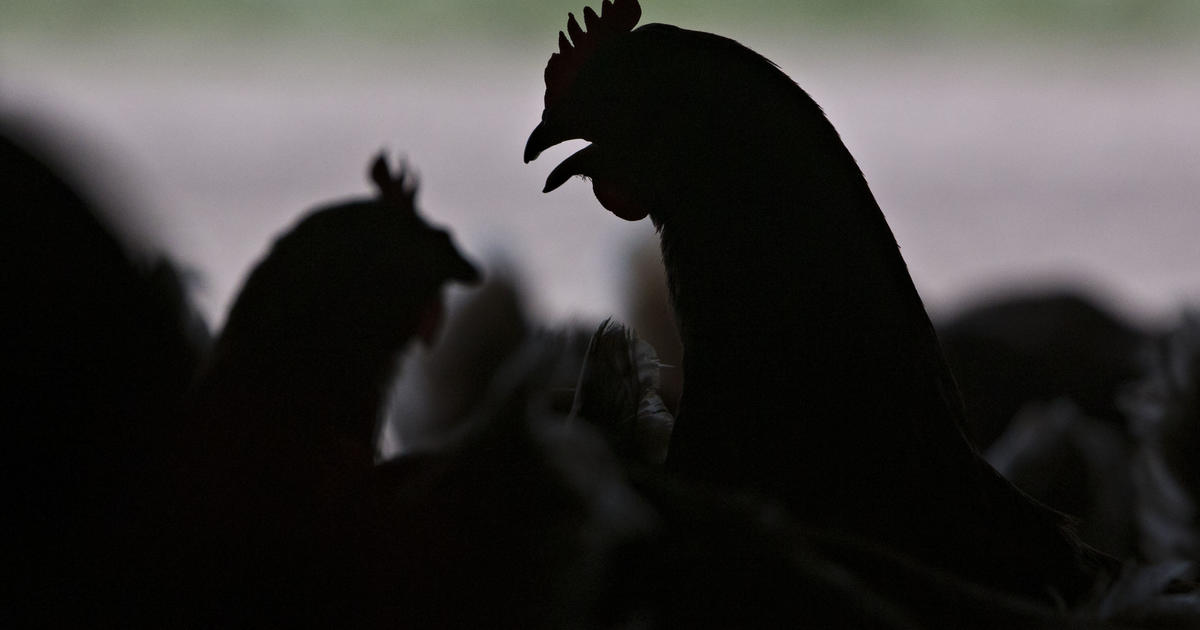"Au pairs" in U.S. often treated as servants, critics say
A federal program is facilitating the exploitation of "au pairs" who come to the U.S. every year, labor advocates say.
Billed by the State Department as a "mutually rewarding, intercultural opportunity" for host families and participants, the au pair program is touted as a means for non-U.S. citizens, between ages 18 and 26, to continue their education "while experiencing everyday life with an American family," according to the federal agency. Benefits include room, board, compensation for childcare work and up to $500 toward the cost of required academic work, according to the State Department's description.
But critics of the program say that State Department-approved au pair agencies, which present themselves as promoting cultural exchange and as offering affordable childcare, take advantage of that mission.
The result: Many of the tens of thousands of au pairs who come to the U.S. annually end up treated as domestic servants -- underpaid, overworked and worse, according to a new report by the National Domestic Workers Alliance, or NDWA, and other advocacy groups. That includes working more than 45 hours per week and doing tasks like cleaning, cooking and gardening -- all banned under State Department rules.
"The au pair program is poorly regulated and falsely advertised as a cultural exchange," Elizabeth Mauldin, policy director at Centro de los Derechos del Migrante (CDM), said in a statement.
Separately, a pending class-action lawsuit representing more than 90,000 current and former au pairs contends that 15 agencies designated by the State Department as au pair sponsors violated minimum and overtime laws.
Nearly half of the au pairs interviewed reported paying between $1,500 and $2,500 in recruitment and sponsor fees. Because basic labor protections under the Fair Labor Standards Act are not enforced, au pairs are paid a standard, weekly rate that comes to about $4.35 an hour, the report found.
"Childcare is real work and should be paid as such, whether as an au pair or a nanny," Thaty Oliveira told a teleconference on Monday. Oliveira, who came to the U.S. from Brazil as an pair, now earns about $30 an hour as a professional nanny.
One host family canceled their house-keeping service after their au pair arrived in the U.S., even though their new arrival had been told her duties would involve childcare only, according to the anecdotes relayed in the report. The host family of another au pair expected her to work unpaid overtime and refused to give her breaks or days off.
Problems going back years
The findings are based in part on interviews with hundreds of au pairs, and come as another chapter in a series of controversies that have dogged the State Department's half-century-old J-1 visa, which then-candidate Donald Trump vowed to replace with inner-city youth programs while campaigning for the White House.
The J-1 visas, which include a Summer Work Travel Program started after World War II to promote cultural diplomacy. were overseen by the now-obsolete U.S. Information Agency in 1990, when the General Accounting Office issued a report finding the program lacked adequate oversight.
In 2011, participants in the J-1 Summer Work Travel program staged a walkout at a Hershey's chocolate factory, claiming they were threatened with deportation if they spoke out against abusive work conditions.
A similar strike was called two years later by a group of foreign college students who came to the U.S. on the cultural work exchange visas, only to protest their working conditions at a McDonald's franchise in Harrisburg, Pennsylvania. Those students claimed they were made to work shifts of 20 hours and more and of having to pay above-market rates to live in cramped quarters.



